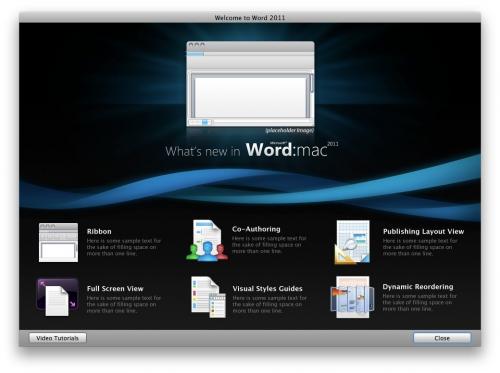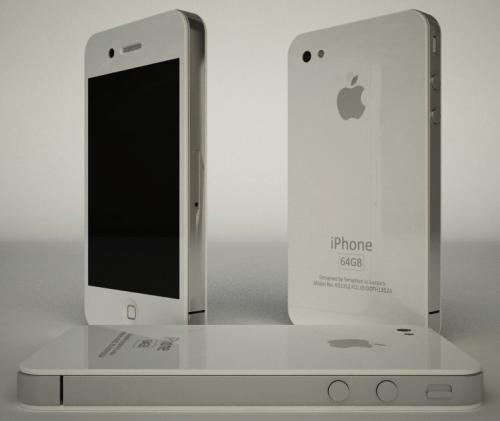What is it about the iPad? Or is it just Apple products in general? The more I look, the more tree hugging, stargazing, planet saving, eco-friendly products I find. I am pleasantly surprised, being a born-again hippy myself… The latest offering is a Bamboo Case made by Versaudio. It is not quite available as I write, but its release date is just around the corner. But just how green is this latest eco-case? I had a look at Ver’s environmental credentials to find out.
Just because something is made of wood doesn’t mean that it’s suddenly an eco-product. Hardwoods are long-growth trees and need proper management, certain trees are endangered, wood maybe used but the production process may be super-polluting. There is also the question of material sourcing: it’s no good having fantastic production methods from sustainable forests if you ship your wood half way across the world. Having read the marketing blurb for the Vers Bamboo Case, I was initially sceptical. I wondered whether they were just trying to jump onto the eco bandwagon. I’m happy to say I was wrong.
According the www.versaudio.com, Vers’ website, wood comes from: “locally sourced and managed plantations near [their] factory; any trees that are harvested are replanted”. What I found very impressive is their admission that “no product is truly ‘green’. Any manufactured product requires energy and resources to produce, transport and operate through out their entire life cycle”. This balanced and honest view certainly convinced me that their environmental credentials were sound.
The case is made from a mixture of solid hardwoods and bamboo, with an optional wooden prop so the case can double as a stand. It is beautifully finished in a durable UV and moisture resistant lacquer and would be great as a picture frame using the iPad’s photo apps. The case is top loading with the snug scratch resistant lining protecting your iPad from damage. There are openings for the power switch, the 30 pin port and volume control. Unfortunately it lacks an opening for the charger, which I think is a real oversight. The workmanship is first class with a 4mm thickness of wood giving the case a really solid feel. The case is reinforced with steel for extra strength and durability.
This delightful case will soon be available via the Vers website. Its advertised price is $79.99.














